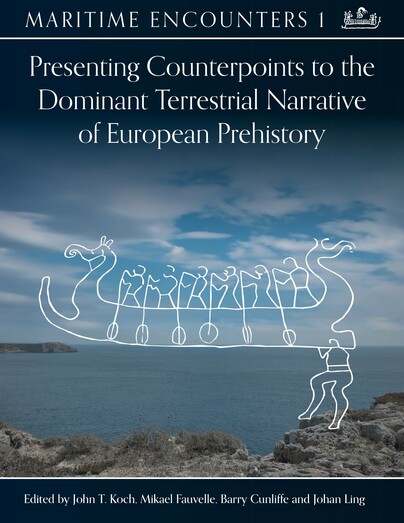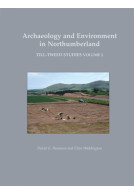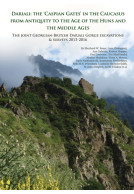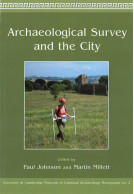Presenting Counterpoints to the Dominant Terrestrial Narrative of European Prehistory (Hardback)
Imprint: Oxbow Books
Series: Maritime Encounters
Pages: 272
Illustrations: 120 b/w and colour illustrations
ISBN: 9798888571842
Published: 31st March 2025
Script Academic & Professional
Series: Maritime Encounters
Pages: 272
Illustrations: 120 b/w and colour illustrations
ISBN: 9798888571842
Published: 31st March 2025
Script Academic & Professional
You'll be £44.00 closer to your next £10.00 credit when you purchase Presenting Counterpoints to the Dominant Terrestrial Narrative of European Prehistory. What's this?
+£4.99 UK Delivery or free UK delivery if order is over £40
(click here for international delivery rates)
Order within the next 6 hours, 15 minutes to get your order processed the next working day!
Need a currency converter? Check XE.com for live rates
(click here for international delivery rates)
Order within the next 6 hours, 15 minutes to get your order processed the next working day!
Need a currency converter? Check XE.com for live rates
For many years now, the main thrust of European prehistory has followed a fundamentally terrestrial plot line. This terrestrial paradigm has undervalued the story of Europe as a peninsula between the Baltic, Mediterranean and Atlantic, and likewise downplayed that of many navigable rivers that reach deeply inland and the large lakes important for travel and subsistence. In vast areas of Europe the survival of incoming groups depended on coping and interacting with a seascape as much as a landscape. From the late Mesolithic onwards, in regions such as Scandinavia, the British Isles and the Mediterranean, most occupation was coastal; seas or rivers provided the most important infrastructure for transport, exchange and communication. Know-how about seascapes, boatbuilding, navigation and maritime networks had a profound impact on social organisation, ritual monuments and iconography, and the spread of materials and ideas, enabled by the adaptation of languages to these new environments. Given these facts the time is long overdue to critique the dominant terrestrial paradigm of European prehistory.
This book is the first in the multi-author series Maritime Encounters, outputs of the major six-year (2022–2028) international research initiative funded by Sweden’s central bank. Our programme is based on a maritime perspective, a counterpoint to prevailing land-based vantages on Europe’s prehistory. In the Maritime Encounters project a highly international cross-disciplinary team has embarked on a diverse range of research goals to provide a more detailed and nuanced story of how prehistoric societies realised major and minor sea crossings, organised long-distance exchange, and adapted to ways of life by the sea in prehistory.
Customers who bought this title also bought...
Other titles in the series...
Other titles in Oxbow Books...

















